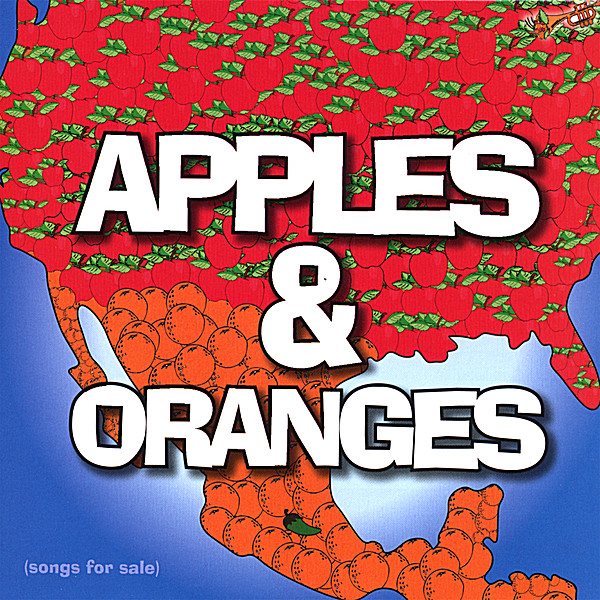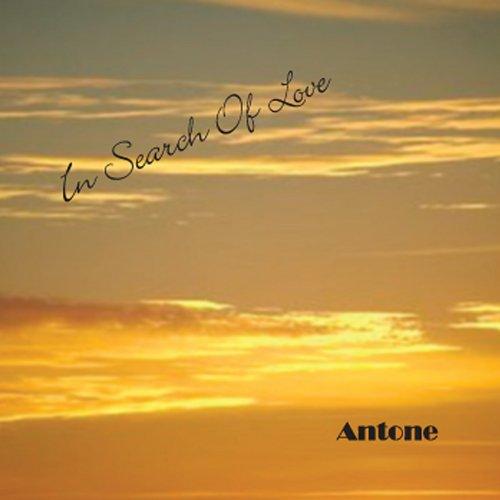
Jones, Allen Morris
product information
description
Jones spends a year exploring one of the wildest ecosystems in North America, hunting and examining the philosophical issues of blood sport. In the process, he creates both a compelling defense for the hunt as well as one of the tradition's first formal ethics. Jones argues that hunting must be right in that it returns us to the environment from which we evolved. When we hunt, we're no longer watching nature, we're participating in it as essential members: predator and prey. From this premise, it follows that those aspects of hunting that tend to return us to the world are more ethical, while those aspects that displace us-such as the use of modern technology-are less ethical. This simple, compelling thesis is supported by example, by the highly-personal narrative of a conscionable hunter coming to terms with the central passion of his life. And it's a thesis that finally has profound implications for the way we each approach the natural world. If you're a hunter, A Quiet Place of Violence will help put into words those aspects of the hunt that you have found most essential; and if you're a non-hunter, it will offer insight into the allure of this otherwise puzzling pursuit.
member goods
No member items were found under this heading.
Return Policy
All sales are final
Shipping
No special shipping considerations available.
Shipping fees determined at checkout.







